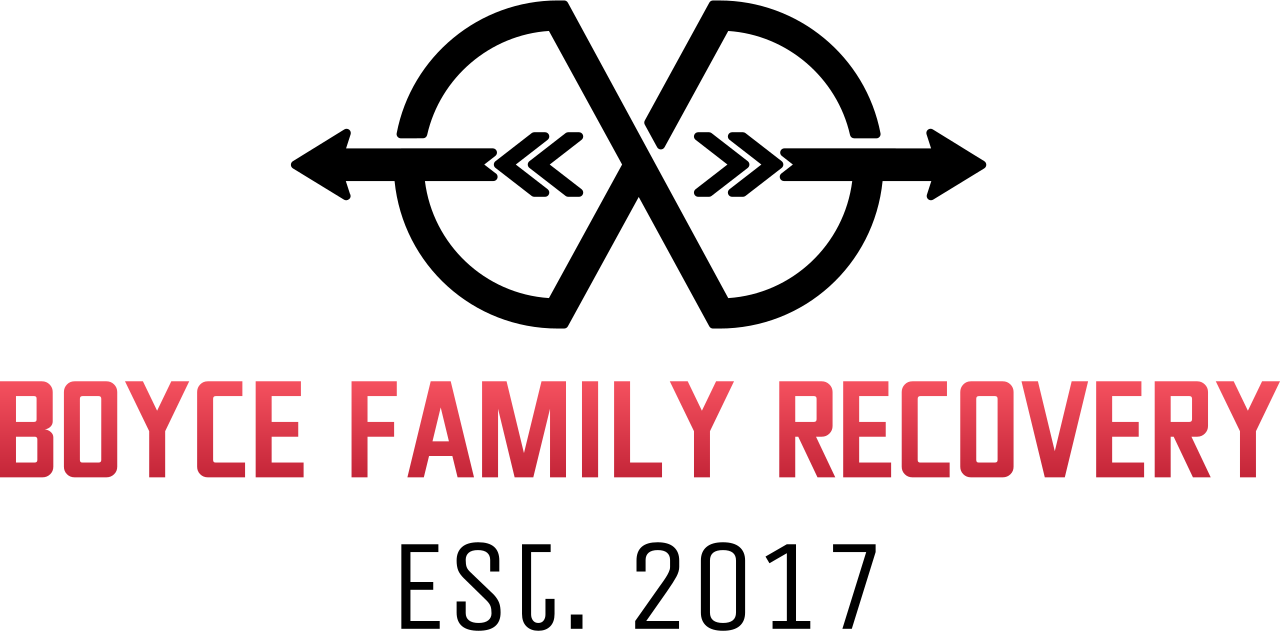The Early Warning Signs of Teenage Alcoholism

It’s important to let teens exercise their freedom. Rebelliousness is an inescapable part of growing up. With that comes breaking the rules and experimenting with friends.
But when it comes to teen drinking, how much is too much? Are they just having a good time, or is it a serious problem?
We want you to know the facts. And the biggest one is that any amount of teen drinking is a bad idea.
Teens who drink have a much higher chance of becoming addicted than adult drinkers. Plus, teenage alcoholism interferes with the teen’s brain development.
It’s vital that you recognize the signs of teenage alcoholism so they can get help before it’s too late. To learn more about the effects of alcohol on teenagers and the signs of teen alcohol addiction, keep reading…
1) You See Them Drinking
If you see a teen drinking, don’t simply dismiss it as, “kids being kids.” The CDC brings to light some disturbing statistics about the dangers of teenage alcoholism.
They report that 30% of high schoolers admitted to drinking in the month before they were surveyed. Almost half of those who drank said it was binge drinking. It’s also reported that teen drinkers consume more alcohol per drinking occasion than adults, on average.
In other words, there’s a very good chance that mere experimentation will lead to heavy drinking in teens.
2) Notable Changes in Interests and Performance
When teens develop an alcohol addiction, all other interests become secondary. They typically drop out of any extracurricular activities they were involved in.
Their performance in school is likely to slip as well. Do you notice their grades slipping, their other interests fading, or other notable changes in their behavior? If so, it’s very likely they’ve developed a drinking problem or other addiction.
3) Social Signs of Teenage Alcoholism
Another sign of teen alcohol abuse is that they mostly hang out with other teens who drink. It’s especially suspicious if the teen has stopped associating with their other friends who don’t drink.
Social drinkers tend to stick together. They’re not likely to associate with those who don’t drink.
Even if the suspected teen hasn’t participated yet, they soon might. We all know how powerful peer pressure can be.
4) Physical Signs
Frequent headaches, vomiting, passing out, fatigue, red eyes, and slurred speech are common signs of alcoholism in anyone, including teens. A decline in personal grooming/hygiene is also common. Typically, you’ll smell alcohol on the clothes and breath of an alcoholic teen.
5) Emotional Signs
Addictions often go hand-in-hand with emotional problems like depression. Either the alcohol is used to medicate the depression or alcoholism causes depression, irritability, or mood swings. In many cases, it’s both—a cycle of addiction and emotional problems feeding off each other.
If you notice mood swings or other mental health/emotional issues, look for the other signs of teenage alcoholism as well.
Do You Know Someone Struggling With Teenage Alcoholism?
Do any of these signs look familiar? If you suspect that you or someone you know is struggling with teenage alcoholism, don’t hesitate to act.
Help is available to you. Contact us today so we can begin the process of healing. Or stick around and check out our other helpful resources.
